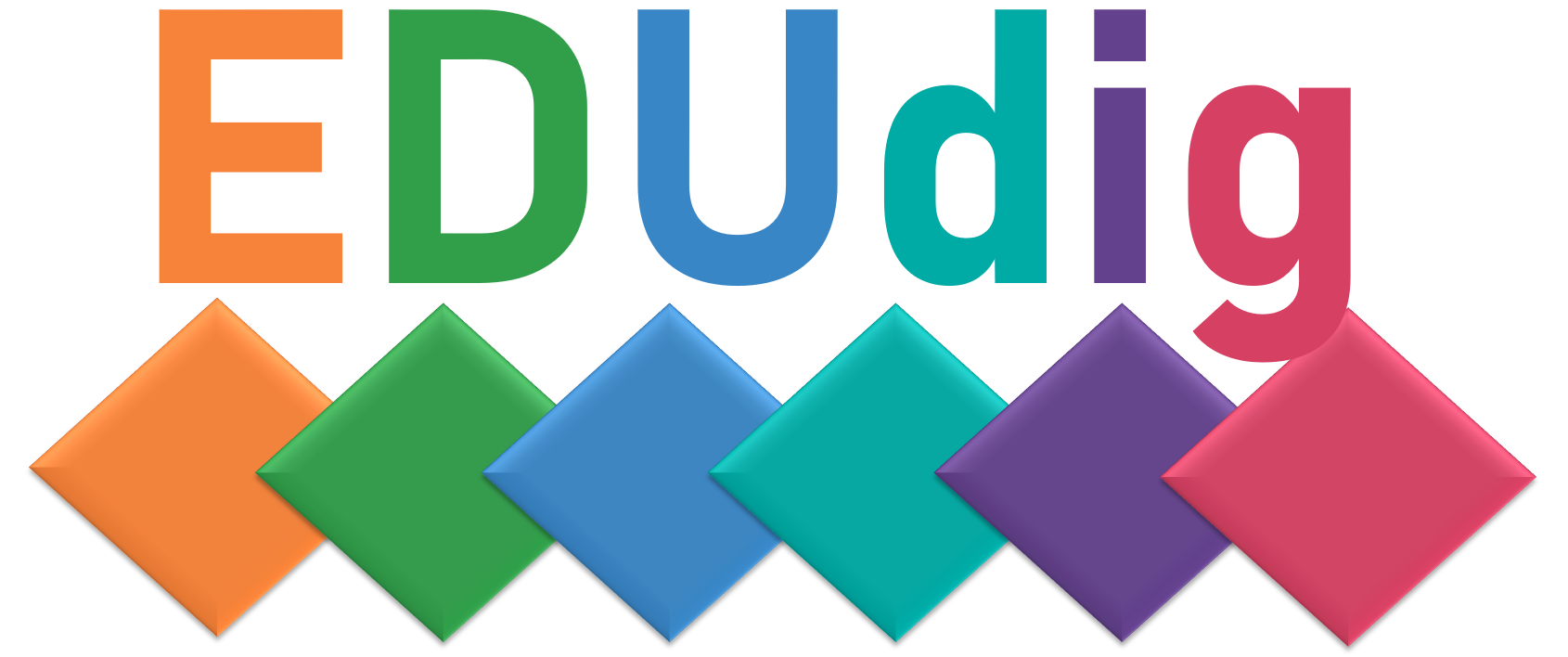Training
4.2 What is Collaborative Online International Learning (COIL)?
4.2.1 Definitional characteristics
COIL stands for Collaborative Online International Learning, which refers to “online learning in an international setting, with interactive involvement of students and faculty from different international and intercultural backgrounds in and outside the classroom” [1, p. 188].
COIL projects are based on the involvement of teachers and students, with different geographical origins, language and culture, for the development of collaborative teaching and learning processes using online communication tools. These projects are an accessible alternative to democratise the experiences of internationalisation (at home) of students and teachers, as well as an opportunity to enrich the process of building individual and collective knowledge, offering challenging dynamics of working in heterogeneous teams.
The main purpose of COIL initiatives is to promote learning experiences in international context within the courses. Thus, it represents an additional opportunity to complement the development of technical and scientific competencies, as well as soft skills. Summarizing, among the key issues of COIL are the following: global learning, intercultural communication, internationalization of education, multinational teams, international partnerships.
COIL – Collaborative Online International Learning (Youtube 2021)
4.2.2 Benefits of COIL
COIL projects involve a partnership between teachers from different countries to provide students with the opportunity to collaborate in online environment [2]. Students are organised into multinational teams to develop predefined activities that combine synchronous and asynchronous work moments. These activities can take different formats, if they fit within the learning outcomes and the assessment methods designed for the courses involved. COIL projects may be short-term or extend throughout the semester.

International studies show that COIL has a relevant impact on the personal and academic development of participants and is valued by various stakeholders, including teachers, students, and employers. Participation in these projects promotes the development of various competences and skills, e.g. communication, language, multidisciplinary teamwork, intercultural awareness and sensitivity, autonomy and time management [3].In addition, the involvement in COIL projects enables teachers to: establish or strengthen international partnerships, integrate innovative and challenging practices into their courses, convey an international dimension to learning, collaborate with peers, increase class dynamism, and improve student interest and satisfaction rates.
